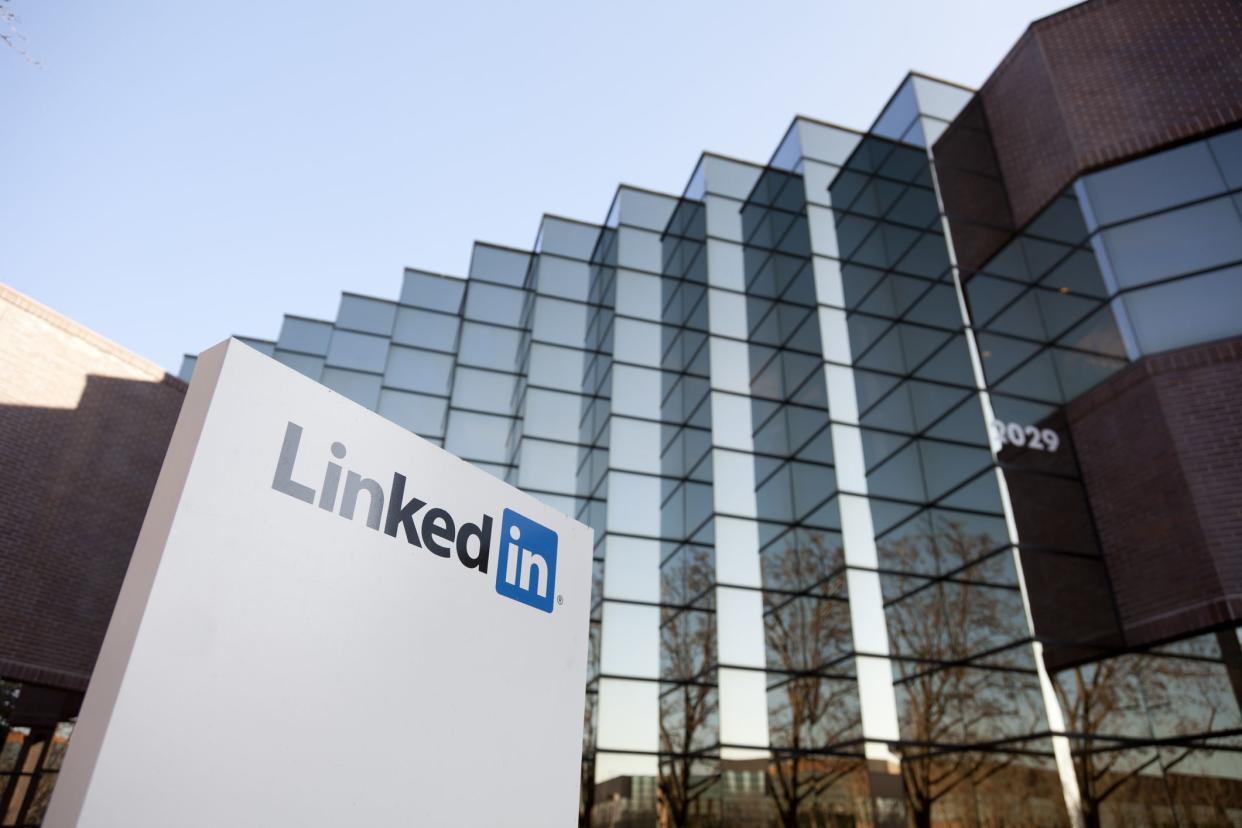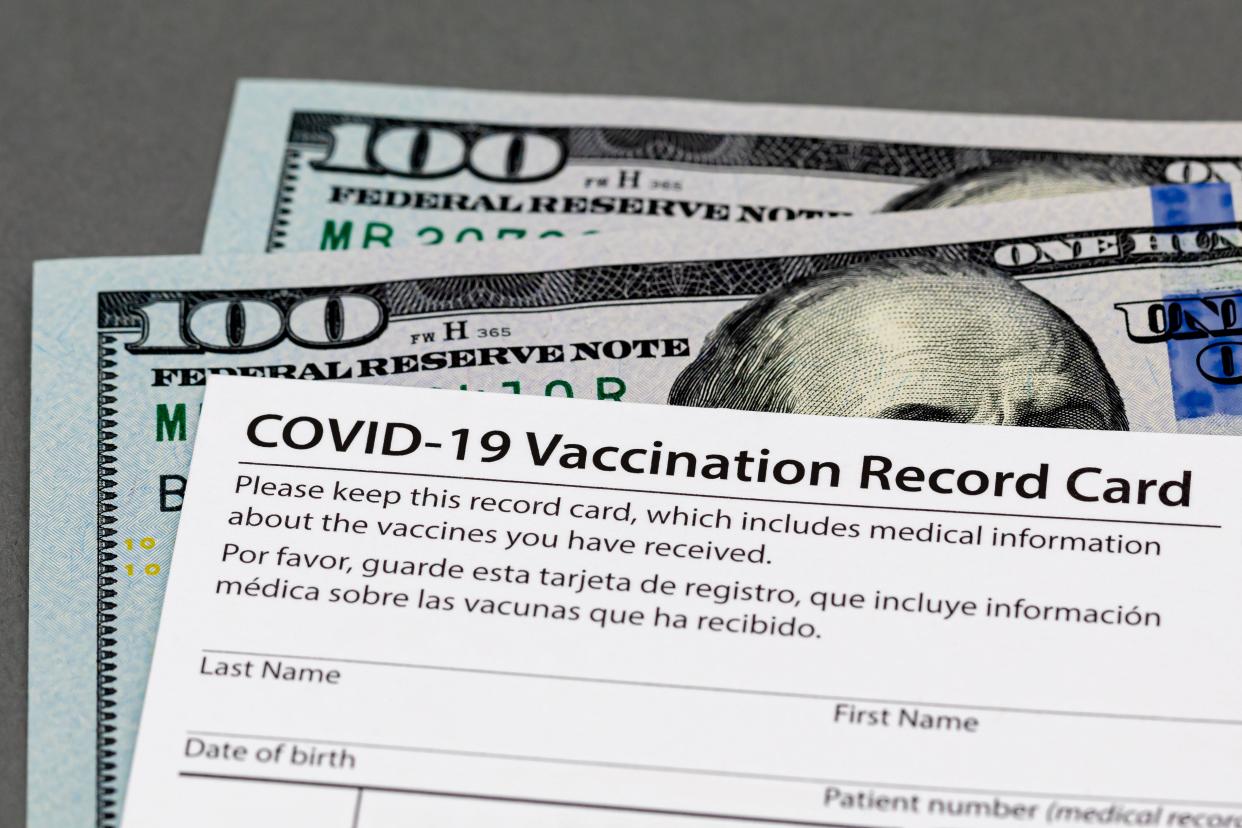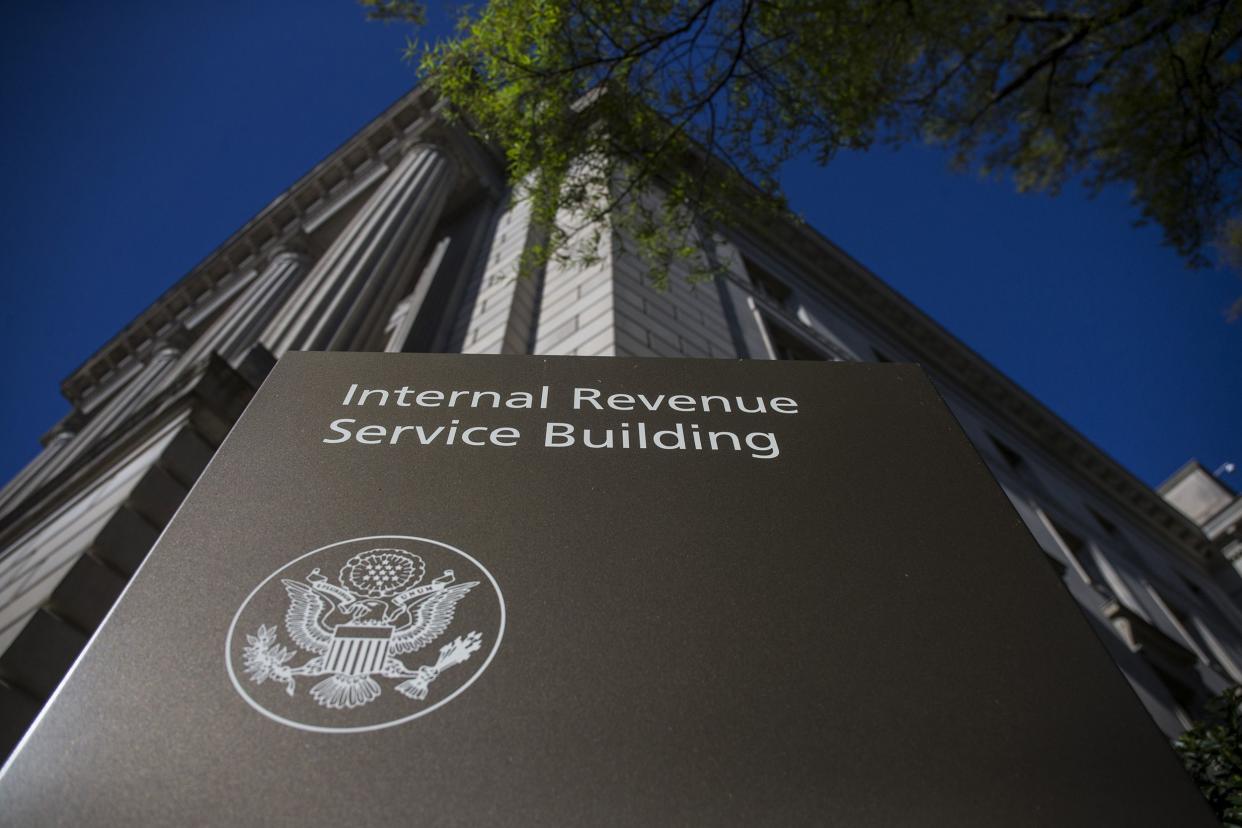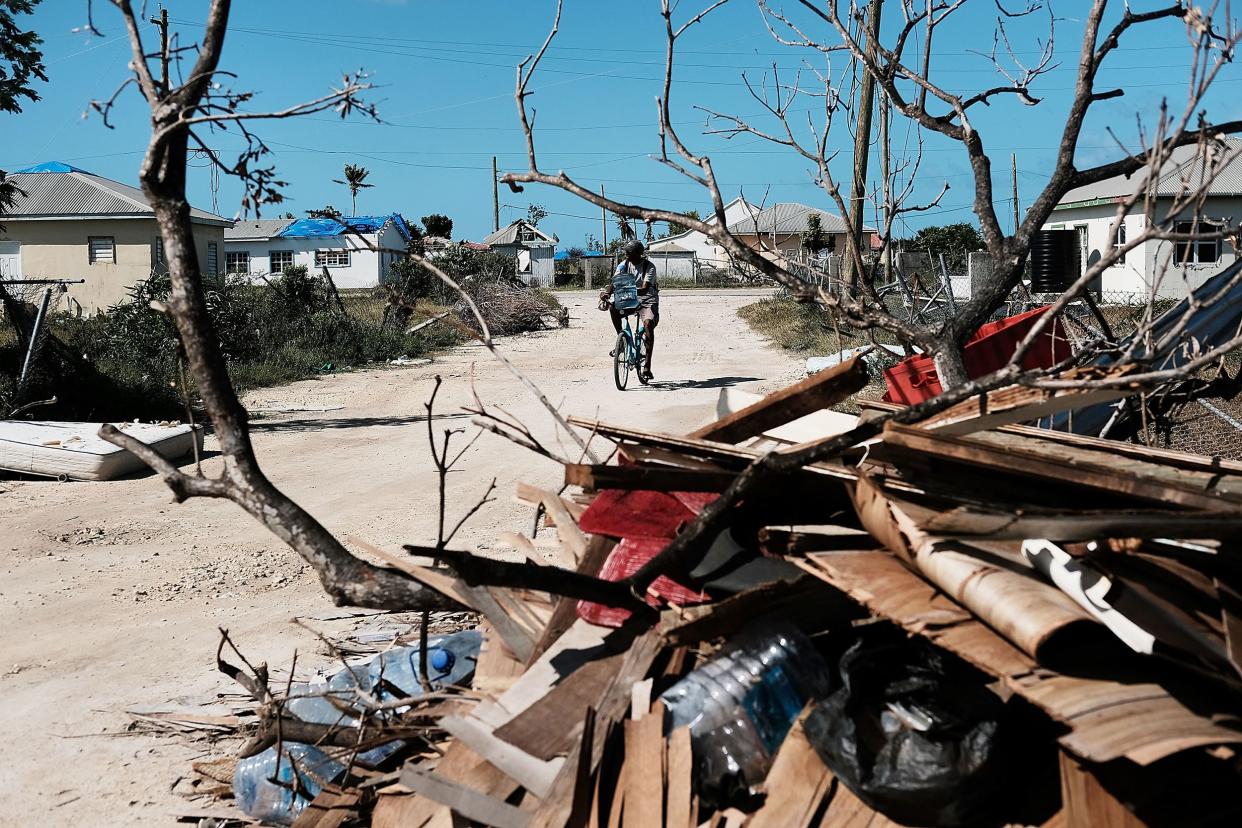The Biggest and Boldest Scams of the Past Decade

From pro athletes and hurricane survivors to the world's biggest retailer and, well, just about anyone with a phone number or a Facebook account, it seems everyone is now a target for swindlers and con artists. Technological advancements, which have been occurring at a breakneck speed, have made it easier than ever to scam but tried and true methods haven’t fallen out of fashion among scammers either. Authorities recently arrested a U.S. postal worker on Long Island for stealing $7,000 in Costco rewards checks — and possibly as much as $70,000, adding to the laundry list of the biggest and boldest scams in recent years.
Related: How to Recognize Fake Fuel Relief, IRS Fraud, and Other Big Phone Scams

We trust the U.S. Postal Service with bank statements, checks, and pretty much any sensitive document you can think of. But one Long Island letter carrier allegedly took advantage of his access to the mail and has been charged with stealing $7,000 worth of Costco rewards checks, and investigators suspect he may have stolen as much as $70,000. The postal worker, Gerome Fowler, was arrested after a Costco employee reported him. The giveaway: Fowler was dressed in uniform and repeatedly returned to the same store to cash his checks.
Related: Watch Out for These Scams Targeting Seniors

The FBI recently warned of a "significant threat" of fraud on the professional networking platform LinkedIn. Cryptocurrency investment schemes, in particular, have become rampant. The scam usually goes down like this: Someone reaches out through LinkedIn and offers up a chance to make money through a crypto investment. Because LinkedIn is used for business networking, the victim is conned into thinking the investment is legitimate. The scam may start on an actual investment platform for crypto, but the victim is encouraged to move the investment to a site controlled by the fraudster, who then steals the money. The scheme may take several months to complete. In other words, think twice about any investment that sounds too good to be true.

As if having a baby during a pandemic (or anytime, really) wasn't hard enough, scammers are taking advantage of a formula shortage. They're luring parents with false online offers, creating fake websites and social media profiles to advertise rarely available (and highly overpriced) formula that, for those unlucky enough to order it, never arrives. The formula shortage began early in the pandemic, but became far more severe after Abbott Nutrition, the biggest formula producer in the U.S., shut down its Michigan plant after two infants died after consuming tainted products. During the first week of May, 43% of baby formula was out of stock in stores across the U.S., including many specialized varieties made for infants with allergies or other health conditions.

Russian immigrant Anna Sorokin, who presented herself as a German heiress named Anna Delvey, conned New York hotels, a private jet company, and more than one bank into fronting her money and services to the tune of $200,000 — she was also trying to convince a hedge fund to loan her $25 million. Sorokin's ruse involved Photoshopped bank statements that convinced the powerful people she victimized to loan her money. In the end, it all caught up with her. Sorokin served nearly four years in prison, and she was awaiting deportation to Germany after a judge denied her appeal to stay in the U.S. In an interview with The New York Times shortly after her sentencing, an unrepentant Sorokin proclaimed, "I'm not sorry." You can watch the (dramatized) version of what happened in "Inventing Anna" on Netflix.

The media had a field day with this story, and now it's the subject of a Hulu drama, "The Dropout." The deep-voiced, black turtleneck-wearing, now-disgraced CEO Elizabeth Holmes was thought to be a biotech phenom who could address the phobias of many needle-fearing patients with her less invasive blood-testing tech. In the end, she never had the tech, but convinced many rich and powerful investors to funnel $400 million into its development. She was convicted in early 2022 on fraud-related charges and awaits sentencing.

As if a pandemic wasn't bad enough, it certainly gave scammers a juicy new disaster to exploit. Consumers have been conned into paying for vaccines, vaccination cards, and bogus cures; they've also had their personal and financial data swiped in the name of battling the virus. The Federal Communications Commission has a laundry list of tricks to watch out for as the nation continues to battle COVID-19.

This scam became such huge news that two documentaries were made about it. It seemed particularly ripe for storytelling because it involved supermodels, Instagram influencers, tropical locales, and plenty of A- and B-roll footage filmed along the way. The man at its center — Billy McFarland — either knew he was planning a unicorn of a music festival that would never come to fruition, or was naïve enough to think he could pull it off and couldn't admit failure when it became clear he could not. In the end, of course, the festival "happened," but was woefully lacking in the luxurious amenities and $12,000 VIP packages it promised. Social media influencers documented the whole thing in real time, hundreds of Bahamians laborers went unpaid, and McFarland was sentenced to six years in prison after pleading guilty to wire fraud charges. He was ordered to pay $26 million, and will continue to contend with multiple class-action lawsuits, including one that seeks more than $100 million in damages.

This scandal cracked wide open in 2019 when it was alleged that more than 50 people were part of a college cheating scam involving millions of dollars in bribes. Those payoffs bought the children of 33 wealthy parents — including actresses Felicity Huffman and Lori Loughlin — admission into some of America's most competitive universities. At the center of the scam was a man named William Singer, who ran a for-profit college counseling and preparation company as well as a nonprofit charity organization that prosecutors allege was used to disguise the payments from parents. He pleaded guilty to racketeering conspiracy, money laundering conspiracy, conspiracy to defraud the U.S., and obstruction of justice, after cooperating with the investigation since September 2018.

Another impostor scam, this one was around before 2014 but really amped up that year. The scammers, posing as IRS agents, would call vulnerable populations — often the elderly and immigrants — and tell them that they had to fork up unpaid taxes or risk the police showing up to their homes to arrest them within 24 hours. In 2018, the Justice Department broke up a ring of at least some who were perpetuating the scam in India, but not before the criminals defrauded more than 15,000 victims out of hundreds of millions of dollars. It's worth bearing in mind what the IRS continues to remind folks on its website: "The IRS doesn't initiate contact with taxpayers by email, text messages or social media channels to request personal or financial information. This includes requests for PIN numbers, passwords or similar access information for credit cards, banks or other financial accounts."

One chameleonic scammer has been posing as the rich, influential, and famous — including former Sony Pictures Entertainment co-Chairman Amy Pascal and Lucasfilm President Kathleen Kennedy — for a few years, targeting Hollywood film professionals. One freelance photographer profiled in a Hollywood Reporter story about the scammer's elaborate techniques was conned into siphoning money to the trickster up front to pay for a trip to Indonesia, where he thought he'd be meeting Pascal to work on a career-changing opportunity. In the end, he was out $65,000. In August, it was announced that the FBI and New York Police Departme opened an investigation into the scam.

Malaysian-born Cheah Siew Im spent more than 20 years stealing others' identities, including those of her own roommates and nail technicians she encountered, then used those identities to scam American citizens, including professional athletes and prosperous executives, "from Virginia to California." Her tactics included fictitiously connecting herself to then Singaporean prime minister Lee Kuan Yew — she claimed to be his granddaughter — and Barack Obama, who she said was a close friend, then convincing those whose trust she earned to invest in Nigerian oil and professional sports teams. The money, of course, was never invested — Cheah spent it, prosecutors believe, on fancy cars, plastic surgery, designer handbags, and more. In October 2019, she was convicted of identity theft and sentenced to 51 months in prison.

This impostor scam proliferated in 2012, so much so that the FBI released a warning about it, and it spiked again in 2017-2018, prompting the Federal Trade Commission to again encourage caution. In this fraud, someone pretending to be a grandchild calls and says they're in trouble — they're in another country and have been jailed, for example, or been in a car accident or mugged — and then asks the victim to quickly wire money. Sometimes the caller pretends to be a police officer, hospital employees, etc. Plenty of folks have fallen for it, usually to the tune of a few thousand dollars. In 2018, the FTC said that the median cash amount stolen from those 70 and older was $9,000.

When the Affordable Care Act marketplace sputtered to life in 2013, there were no fewer than five scams that criminals were attempting to profit from. Forbes provided details on all of them, but suffice to say that, as then-Federal Trade Commission Chairwoman Edith Ramirez said at the time, "At the FTC, we know all too well how scammers invariably try to take advantage of developments in the marketplace and new government programs." And, though it's been years since the ACA started providing coverage, it's worth keeping in mind that the scammers are still at it.

Any place where millions gather on the internet — especially if among those millions are impressionable and naïve children — fraudsters will flock. In 2019, Fortnite parent company Epic games discovered that hackers had exploited a major cybersecurity vulnerability, allowing them to access player accounts, some of which contained stored credit-card numbers and other information. Another common scam was an offer of free "v-bucks" — currency that can be used in-game — that led victims to websites where payment information could be obtained, or that downloaded malware onto your computer. Experian even did a roundup of Fortnite scams and offered tips on how to avoid them.

Whenever there's a natural disaster, you can bet the dregs of humanity will try to use it to their advantage, and this was especially true during the 2017 hurricane season, which included Harvey, Irma, and Maria. So much so that the U.S. Department of Housing and Urban Development and HUD Office of Inspector General put out an "integrity bulletin" warning those affected about insurance scams, disaster relief charity scams, contractor scams, housing inspection scams, mortgage rescue scams, and more. Florida's attorney generals have repeatedly warned of price-gouging scams, even opening a hotline and developing an app for people to report gouging attempts.

The most notorious victim of this ruse is an unnamed Japanese woman who sent $200,000 to her scammer, believing him to be a U.S. Army captain who started off as her digital pen pal, and then slowly led her to believe they were involved in an internet romance. The scammers, two Nigerian men who ran the scheme and around 80 others, were eventually caught and arrested, but not before bilking their victims out of at least $6 million.

Mark D'Amico and Kate McClure took to GoFundMe in 2017 to help out a homeless man named Johnny Bobbitt Jr. The story went that Bobbitt gave McClure his last $20 when she'd run out of gas and become stranded, inspiring her to set up a fund to help him. Two years later, the Burlington County, New Jersey, prosecutor alleged the GoFundMe, which raised over $400,000, had been predicated on a lie. Among the pieces of evidence? More than 60,000 text messages between all three defendants, and a documented gambling and spending spree by McClure and D'Amico, who used the funds to buy a car, jewelry, and designer handbags, among other items. All three have plead guilty to conspiracy charges and await sentencing. GoFundMe says it reimbursed all who donated to the campaign.

Between 2013 and 2015, Lithuanian Evaldas Rimasauskas fabricated countless legal documents — invoices, contracts, and the like — under the business name of Quanta Computer, a Taiwanese hardware company that had done legitimate business with tech giants such as Facebook and Google. Rimasauskas emailed his forged invoices to these companies, and many were paid before the fraud was flagged — according to one unnamed source, to the tune of $23 million from Google and nearly $100 million from Facebook. Rimasauskas pleaded guilty to wire fraud and was sentenced to five years in prison.

Many will recognize this setup, which has been happening on social media platforms for a decade or more but became widely known starting around 2010. Rogue applications would post status updates on users' social accounts that said, in part, "Received my free iPhone today, so happy lol... If anyone else wants one go here ..." At best, those who naively clicked were routed to a website where many of their personal details would be harvested by the rogue app and used for social engineering. At worst? Victims filled out forms with sensitive information and/or downloaded malware onto their devices, both of which could be used for identity theft.
Related: How Much Is Your Age Group Affected by Fraud?

Like Cheapism's content? Be sure to follow us.
